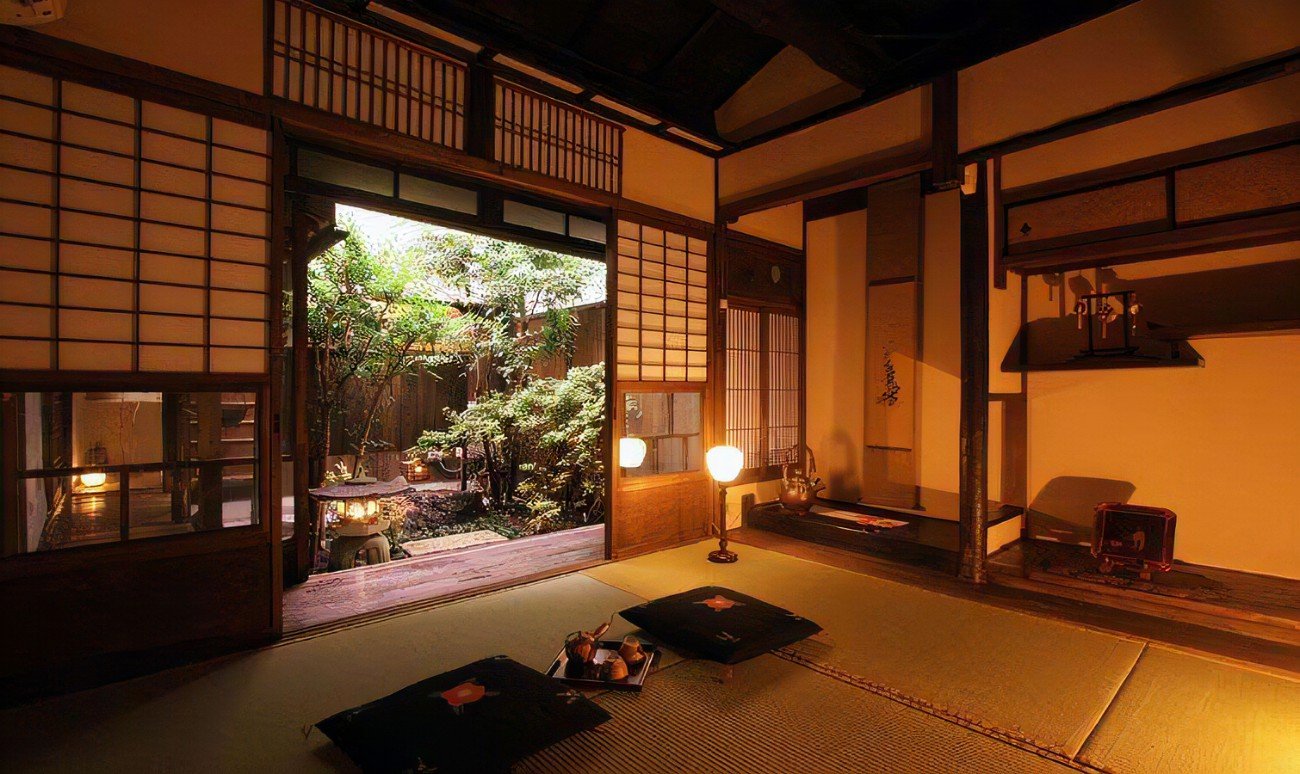Recent data released by the Japan Tourism Agency reveals unprecedented growth in international tourism for 2024, with inbound visitors reaching 36.86 million—a historic high. Tourist spending has soared to ¥8 trillion, cementing tourism as Japan’s second-largest export sector, surpassing semiconductor exports and trailing only the automotive industry.

Amid this tourism surge, Japan’s short-term rental market has emerged as a prime investment hotspot. In major cities like Tokyo, Osaka, and Kyoto, vacation rentals are increasingly becoming travelers’ preferred accommodation choice, offering competitive pricing and unique cultural experiences compared to traditional hotels. The relatively low entry barriers for short-term rental operations have attracted substantial investment, particularly from Chinese entrepreneurs. Industry participants range from small-scale operators managing a handful of properties to large investors controlling portfolios of tens of thousands of units.
Tokyo’s Short-Term Rental Market: A Supply-Demand Goldmine
Tokyo’s vacation rental sector is experiencing explosive demand growth. Official statistics show a 47.1% year-on-year increase in international arrivals for 2024, creating a massive incremental market. During peak seasons like summer vacations and holidays, accommodation shortages plague major cities, with hotels frequently operating at full capacity. This supply crunch has driven travelers toward cost-effective short-term rentals, presenting lucrative opportunities for investors. Analysts note that well-located Tokyo properties now achieve occupancy rates exceeding 80% during high-demand periods, significantly outperforming many traditional hospitality assets.




